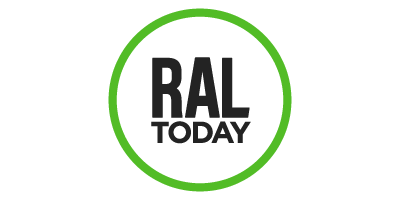While we might all enjoy a surprise from time to time, no one appreciates an unplanned event that negatively affects their finances. The pandemic has been an eye opener for us all, and many are still suffering from the subsequent recession. According to the Quarterly Census of Employment and Wages, eleven percent—or 500,000 people—that were employed in North Carolina in March 2020 had lost their jobs by April 2020. A drastic occurrence like that begs the question: are you stable enough to weather the storm if you lose your income?
April is National Financial Literacy Month, and as we reflect on the past year, it is a good time to take a fresh look at your finances, especially what plans you have in place to protect yourself should an emergency occur.
Pad Your Emergency Fund
An emergency fund is your number one resource to pull from if an unexpected expense occurs (or you experience a change in income). Experts recommend having at least three to six months’ worth of standard living expenses, but make sure to account for any personal needs as well. Your emergency fund should be relatively liquid and easy to access.
If you’re starting from scratch, set a small savings goal and put a little money aside each month. If you receive a bonus, tax refund or monetary gift, allocate at least a portion of that to your emergency fund to help accelerate the savings process. After you get into the habit of putting money away, you can increase your goal and begin to save more aggressively.
Invest in Insurance
There are many types of insurance available and deciding which you need will depend on your circumstances. If your family primarily depends on your income, a life insurance policy could be crucial for them should anything happen to you. It’s recommended that the policy is great enough to cover future expenses but to pay off any debts left behind as well.
In recent years we have experienced severe weather in the Raleigh area and proactively preparing for a flood, hurricane or other natural disaster could save you a lot of money in the future. Speak with an insurance provider about the coverage you may need, which will likely differ depending on where you live. Before committing to a policy, be sure that you understand the limitations—not all disasters are covered equally.
Get Your Financial House in Order
Being in good standing financially and having a strong banking relationship can be a great benefit. If you don’t have a formal budget, create one so that you can evaluate your spending habits and better understand your money flow. One way to do this is to list out all of your purchases and bills for a month, then look back at the list and evaluate your spending habits. You might find that most of your money is spent on miscellaneous items.
Check your credit report to make sure you understand what factors may be impacting your credit score. Pay off high-interest debts as soon as possible, then reallocate that money towards your emergency fund. You might even ask your banker about establishing a home equity line of credit (HELOC) to help cover any unexpected expenses related to your house should they occur.
While we hope that we will never again have to experience a global health pandemic, there are countless other reasons to prepare for a financial emergency. Whether it be divorce, natural disaster or job loss, the unexpected is always on the horizon with the potential to set you back years. Luckily, a little preparation and planning now will make it easier to overcome those hurdles when they arise.
Contributing writer Jim Rose serves as State President in North Carolina for United Community Bank. Do you want to join the conversation? Share your thoughts by contributing to our Voices platform.











